
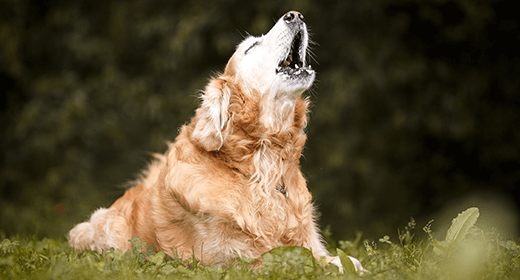
You’ve likely heard your dog let loose his inner wolf and belt out a few long howls. 73% of dog owners in a recent IAMS poll* believe they do this to communicate. This form of vocalization has a long history and is used for different reasons. Understanding more about howling will help you understand your pooch better.
Howling is an ancient trait wolves use to communicate with other members of their pack and other packs over long distances. They may be trying to locate a lost member, show off the size of their pack or warn of danger. It’s like a canine group text.
A wolf’s howl can be heard up to 10 miles away.
Each wolf has their own unique howl, so pack members know who they are, even miles apart.
Dogs instinctually respond to howling-like noises by howling themselves. Sounds such as sirens, other dogs, singing or your kid learning the violin is usually enough to get them to sound off.
Dogs are still very social animals; it’s just that now we’re their pack. When they miss us, they’ll howl in hopes we respond.
Opens a new windowDr. James Serpell, BSc, PhD, Professor of Humane Ethics & Animal Welfare at University of Pennsylvania School of Veterinary Medicine, explains it this way: “That [howling] is an attempt on the part of the dog to ask the owner basically, ‘Where are you so that I can rejoin you?’”
Dr. James Serpell doesn’t believe so. “My own research has shown that it is common across breeds. People think huskies may be more prone to group howling.”
Dogs going through separation anxiety may howl excessively when left home alone. Dr. Jo Gale, BVetMed CertLAS MRCVS, Senior Manager for Global Science Advocacy at Waltham Petcare Science Institute, says, “If you reinforce quiet behavior, they are less likely to continue howling.” You can do this by quieting your dog and then leaving for a very brief time before returning and rewarding them when they stay quiet. Gradually increase the time you’re gone to reassure them you’ll always be back.
*Surveyed U.S. dog owners, age 18+
Sample Size: n=201
Fielded May 8 to May 10, 2020
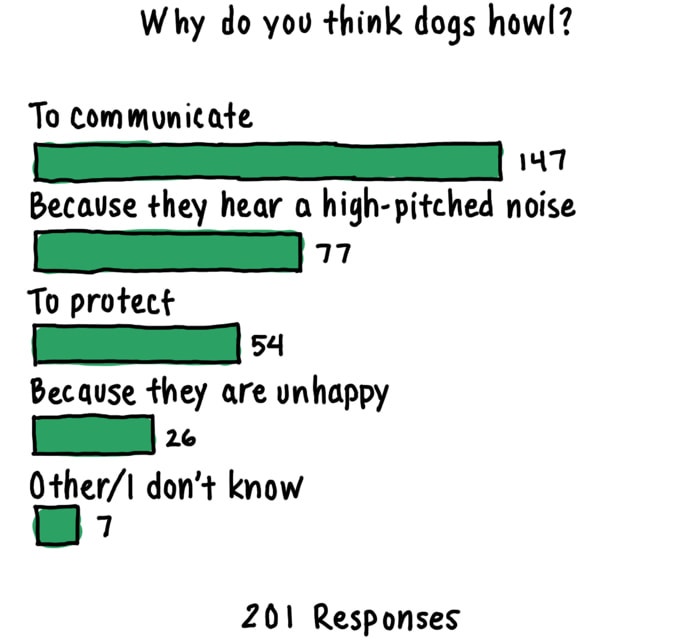
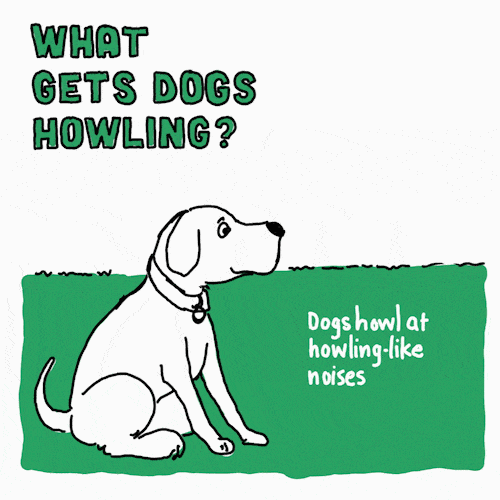
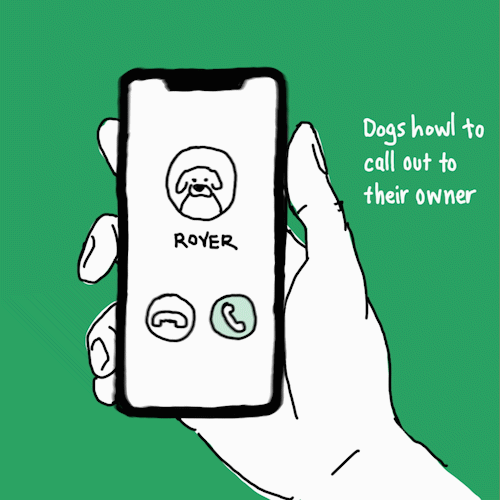

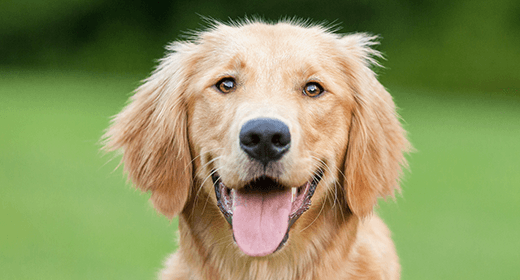
Golden Retrievers are energetic and full of stamina, so daily exercise is a must. Adult Goldens need at least an hour’s exercise every day. Like the pug, this breed is highly prone to obesity, so they will quickly put on weight without proper physical activity like running, swimming (they just love water), and playing fetch.
Caring for Golden Retrievers is a moderate issue. Golden Retrievers have two shedding seasons (spring, autumn) in a year where they shed pretty heavily. Otherwise shedding is not a major challenge. You need to brush your Golden 3-4 times per week and bathe them once a month.
Because they tend to gain weight quickly, we recommend that you monitor their caloric intake daily. This is why Goldens need complete and balanced meals that are tailor-made to meet their unique needs. We recommend giving them premium Golden Retriever food like IAMS™ Proactive Health™Adult Golden Retriever that contains L-Carnitine to support healthy weight management, Glucosamine and Chondroitin to support healthy joints, and Omega 6 and 3 fatty acids to support skin and coat health. It is best to split their daily allowance into two meals.
Recommended Golden Retrievers food intake-
| SIZE OF GOLDEN RETRIEVER | RECOMMENDED DAILY FEEDING (G) |
|---|---|
| 20-30 kg | 255-345 |
| 30-40 kg | 345-430 |
| 40-50 kg | 430-505 |
| 50-60 kg | 505-580 |
Golden Retrievers are prone to moderate levels of health issues. Common ones include cancer and blood disorders, hip and elbow dysplasia, dislocated kneecaps, skin conditions, hypothyroidism, cataracts, and ear infections.
An ideal world for a Golden Retriever is to live in a home with a medium or large-sized yard. While they do well in apartments, they need a great deal of outdoor exercise to stay fit. So if you can manage that, Golden Retrievers can do well as indoor and outdoor pets.
So, is caring for a Golden Retriever the right choice for you? Goldens are high-energy pets and are one of the friendliest breeds out there. Their friendly nature and comfort around little kids make them an ideal choice for many first-time owners.